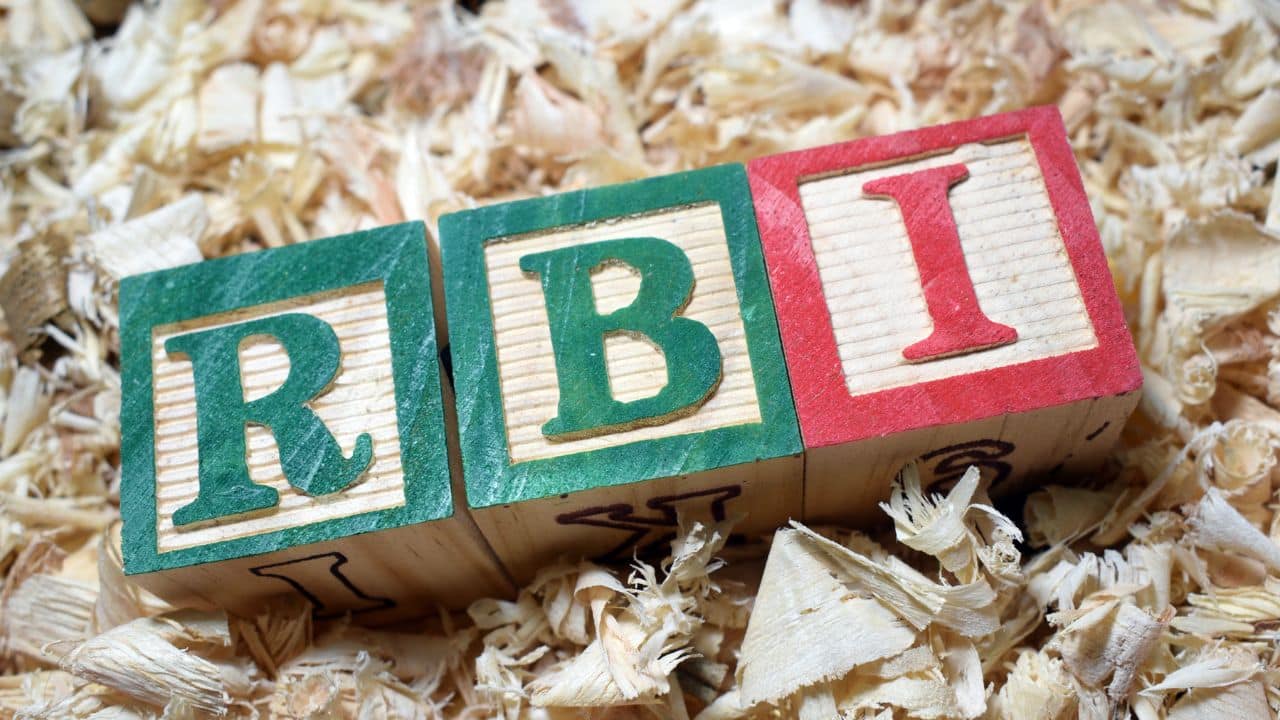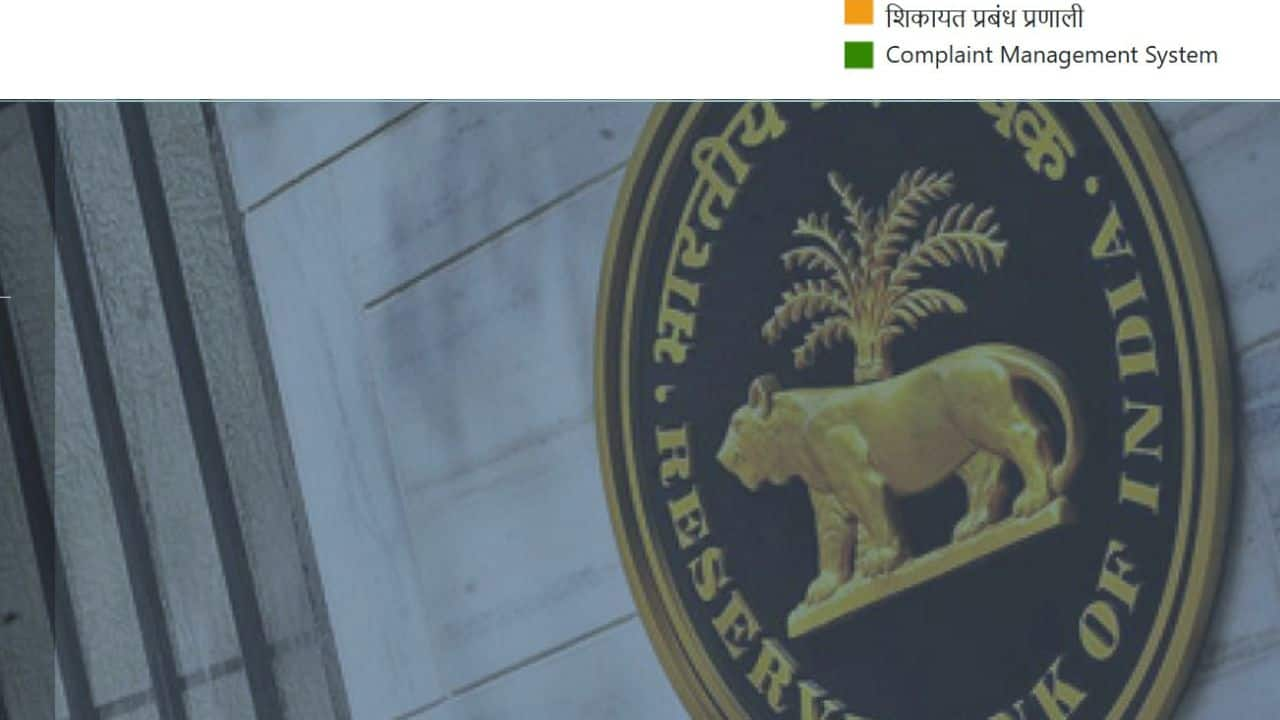How to get to RBI's complaint portal if your bank can't solve your issue
In the event that your complaint remains unresolved by your bank, you can approach RBI's complaint portal for further redressal.
1/6

Why you should go to RBI when banks fail to act
If you don’t hear back from your bank about a complaint within 30 days—or you receive an unsatisfactory response—you can take your grievance to the Reserve Bank of India's Complaint Management System (CMS). It is an online portal that falls under the Integrated Ombudsman Scheme that provides a single mechanism for handling complaints in the areas of banking, NBFCs, and digital payments. Submitting through the RBI means your issue will be heard by a neutral agency with binding powers to issue orders.
If you don’t hear back from your bank about a complaint within 30 days—or you receive an unsatisfactory response—you can take your grievance to the Reserve Bank of India's Complaint Management System (CMS). It is an online portal that falls under the Integrated Ombudsman Scheme that provides a single mechanism for handling complaints in the areas of banking, NBFCs, and digital payments. Submitting through the RBI means your issue will be heard by a neutral agency with binding powers to issue orders.
2/6

How to raise a complaint on RBI CMS portal
Start by visiting the portal at cms.rbi.org.in. The system will ask you to provide your name, contact information, bank information, and category of complaint. You will also have to upload documents in support—like emails that you had exchanged with the bank, complaint reference numbers, or screenshots. The system will provide a tracking reference number to you. It's always best to wait until 30 days have passed since you've complained to the bank, unless the bank has already settled the complaint by closing it.
Start by visiting the portal at cms.rbi.org.in. The system will ask you to provide your name, contact information, bank information, and category of complaint. You will also have to upload documents in support—like emails that you had exchanged with the bank, complaint reference numbers, or screenshots. The system will provide a tracking reference number to you. It's always best to wait until 30 days have passed since you've complained to the bank, unless the bank has already settled the complaint by closing it.
3/6

What kind of complaints RBI accepts
The CMS portal accepts grievances relating to deficiency in banking services, delay or non-payment of payment transactions, non-reversal of debit charges, failed ATM or UPI transactions, unauthorized debits, and loan grievances. Grievances relating to judgments made by the internal bank policy, contractual terms, or denial of service without any deficiency are not entertained. Your grievance needs to come under the Ombudsman Scheme purview for your grievance to be considered eligible.
The CMS portal accepts grievances relating to deficiency in banking services, delay or non-payment of payment transactions, non-reversal of debit charges, failed ATM or UPI transactions, unauthorized debits, and loan grievances. Grievances relating to judgments made by the internal bank policy, contractual terms, or denial of service without any deficiency are not entertained. Your grievance needs to come under the Ombudsman Scheme purview for your grievance to be considered eligible.
4/6

How the RBI Ombudsman asks and responds
Once you have filed your complaint, RBI forwards your complaint to the concerned institution or financial organization for a response. The organization has to respond within a stipulated time, otherwise the adjudication process will be carried out by the Ombudsman. You may be interviewed for additional information, or RBI may facilitate mediation between you and the organization. Complaints are resolved within a month in most of the cases. If the Ombudsman makes an award, the bank must follow it, provided you agree in writing within 30 days.
Once you have filed your complaint, RBI forwards your complaint to the concerned institution or financial organization for a response. The organization has to respond within a stipulated time, otherwise the adjudication process will be carried out by the Ombudsman. You may be interviewed for additional information, or RBI may facilitate mediation between you and the organization. Complaints are resolved within a month in most of the cases. If the Ombudsman makes an award, the bank must follow it, provided you agree in writing within 30 days.
5/6

What happens next if you're not satisfied with the decision
If you do not agree with the decision of the Ombudsman, you have the right to appeal to the Appellate Authority within RBI. The appeal must be made in 30 days from the date of the order of the Ombudsman. Failing this also, you can approach the Consumer Court or seek legal remedy, although this is generally attempted only after exhausting all resources through RBI systems.
If you do not agree with the decision of the Ombudsman, you have the right to appeal to the Appellate Authority within RBI. The appeal must be made in 30 days from the date of the order of the Ombudsman. Failing this also, you can approach the Consumer Court or seek legal remedy, although this is generally attempted only after exhausting all resources through RBI systems.
6/6

Protect your rights as a bank customer
Your grievances reach the highest regulatory level through the RBI CMS portal. Since the mechanism is free and completely online, it empowers customers who experience inertia or disregard from their banks. Keeping records of the communications, making use of the official portal, and tracking the complaint through your reference ID, you can take effective action to address your grievance without opting for legal battles or visiting physical offices.
Your grievances reach the highest regulatory level through the RBI CMS portal. Since the mechanism is free and completely online, it empowers customers who experience inertia or disregard from their banks. Keeping records of the communications, making use of the official portal, and tracking the complaint through your reference ID, you can take effective action to address your grievance without opting for legal battles or visiting physical offices.
Discover the latest Business News, Budget 2025 News, Sensex, and Nifty updates. Obtain Personal Finance insights, tax queries, and expert opinions on Moneycontrol or download the Moneycontrol App to stay updated!






